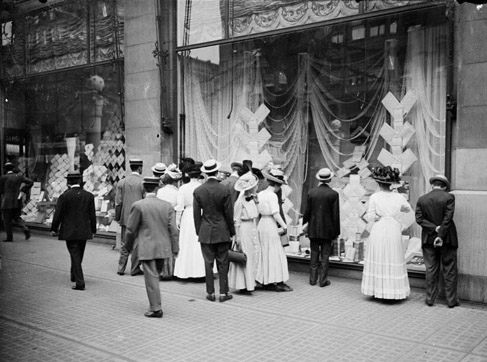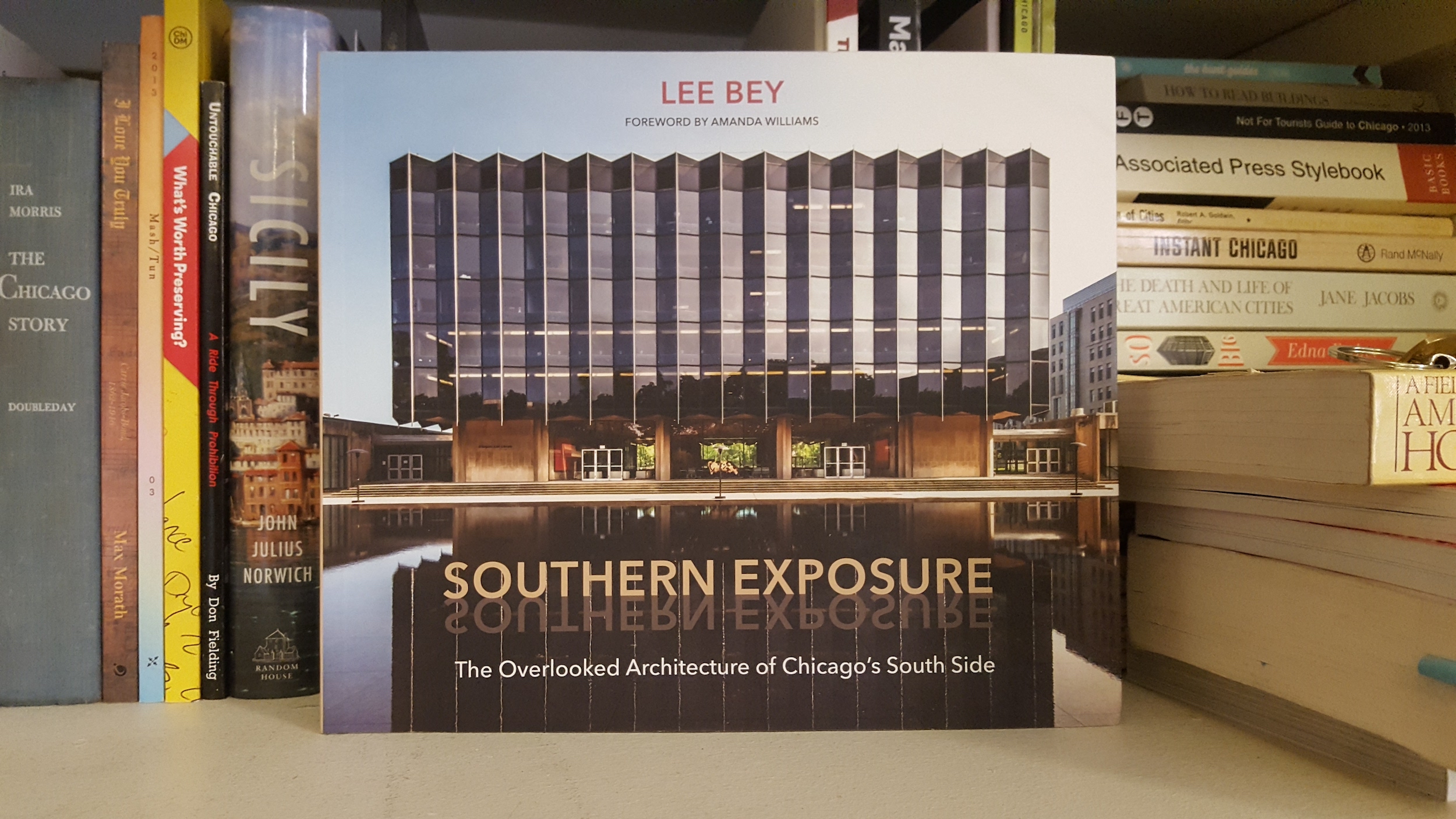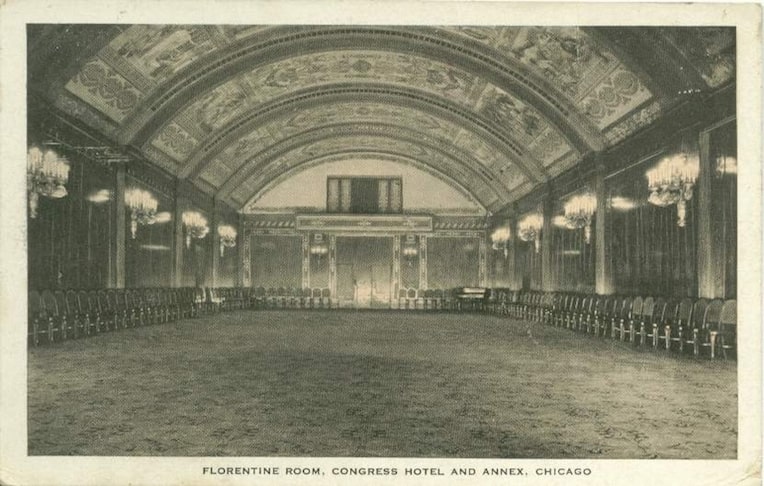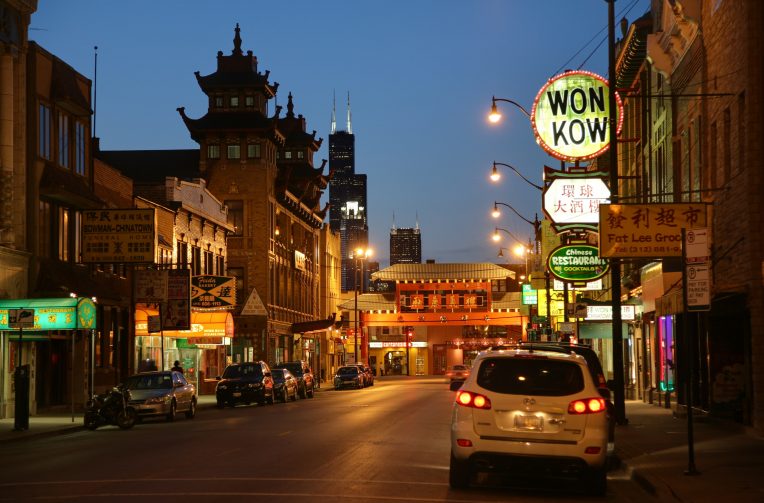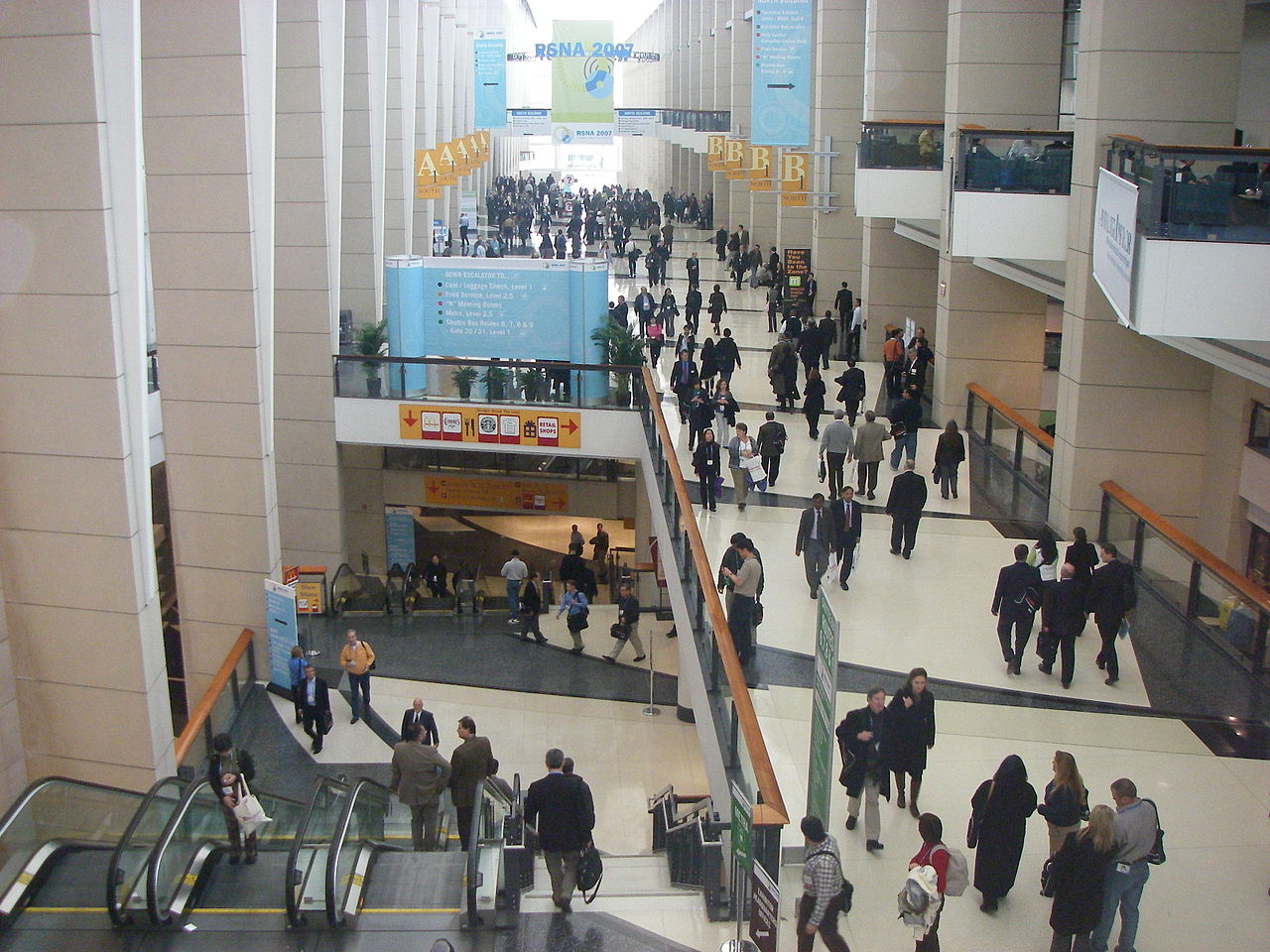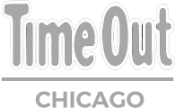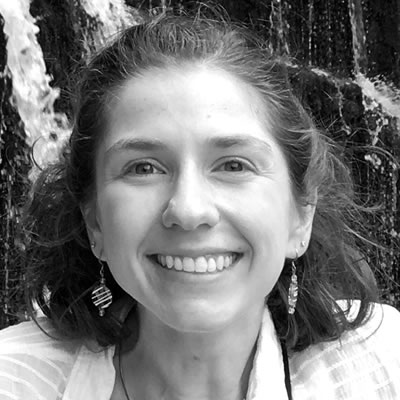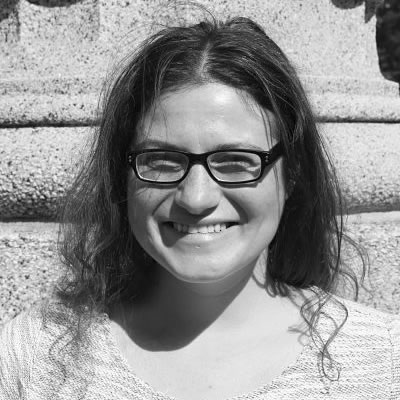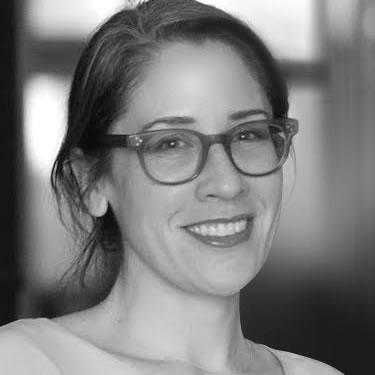“Chicago politics” evokes images with the shadiest of connotations. Smoke-filled rooms. Stolen elections. Flagrant corruption. Mayors as powerful as pharaohs.
Much of this is true. A lot of it is myth and legend. To truly understand the City That Works, you need a working knowledge of the history of Chicago politics, especially the machines and political dynasties. After all, what’s past is prologue, especially when Chicagoans are days away from the first open Mayoral race in 104 years.
We research Chicago history and architecture like this while developing our live virtual events and custom corporate events. Join us for our public virtual events or book an exclusive team-building event for your private group. We can also create custom tours and original content creation about this Chicago topic and countless others.
WASP Industrialists Ruled the Roost
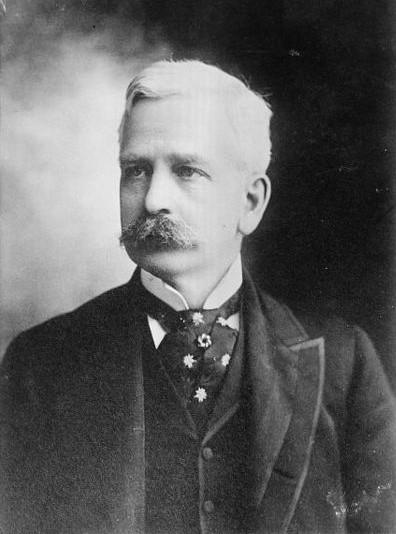
Let’s go way back to the earliest days of Chicago. Yankee emigrants dominated Chicago as it quickly grew from prairie trading post to Midwestern metropole. Street names and local institutions bear the legacy of these transplants from New England and upstate New York.
William Ogden built Chicago’s first railroads, became its first mayor, and is the namesake of Ogden Avenue. Augustus Garrett was another early mayor and founded the eponymous seminary. Joseph Medill was mayor during the Great Chicago Fire and the founder of the Tribune newspaper dynasty.
These elected officials often served as the face of a much larger social and political apparatus. Chicago’s huge industrial growth in an era of unregulated capitalism created a class of powerful plutocrats. Merchant princes, like Marshall Field, and robber barons, like George Pullman, controlled the city’s purse strings and picked the political players. The patent unfairness of a small cadre of millionaires governing the city from the parlors of Prairie Avenue led to the creation of that most-infamous example of Chicago politics: the machine.
Machine-Style Politics Puts the Working Man in City Hall
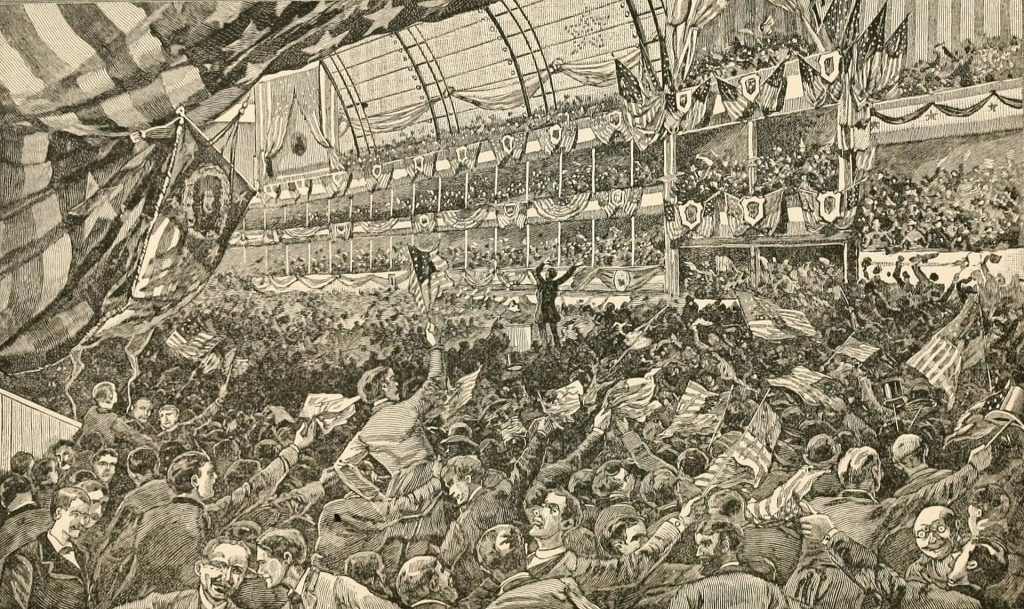
Chicago was the focal point of the political battle between labor and capital in the Gilded Age. Flashpoints like the Haymarket Affair, the Pullman Strike, and the revelation of scandalous working conditions in the Union Stock Yards caused endless friction between Yankee titans and the “white ethnic” immigrants who labored in the factories. Machine-style politics proved to be the working-class immigrants’ way to ultimately win that struggle.
Political machines are hierarchical organizations run by a singularly-powerful party boss. The boss alone selects candidates and issues. A legion of party loyalists carry out the boss’s decisions. Apparatchiks whip votes and distribute political patronage (aka jobs and favors). Machines allowed working-class immigrant communities to access and benefit from political power.
Our Mayor Richard J. Daley himself put it:
“The party permits ordinary people to get ahead. Without the party, I couldn’t be mayor. The rich guys can get elected on their money, but somebody like me, an ordinary person, needs the party. Without the party, only the rich would be elected to office.”
from Mike Royko’s Boss.
Cermak Creates Modern Chicago Politics
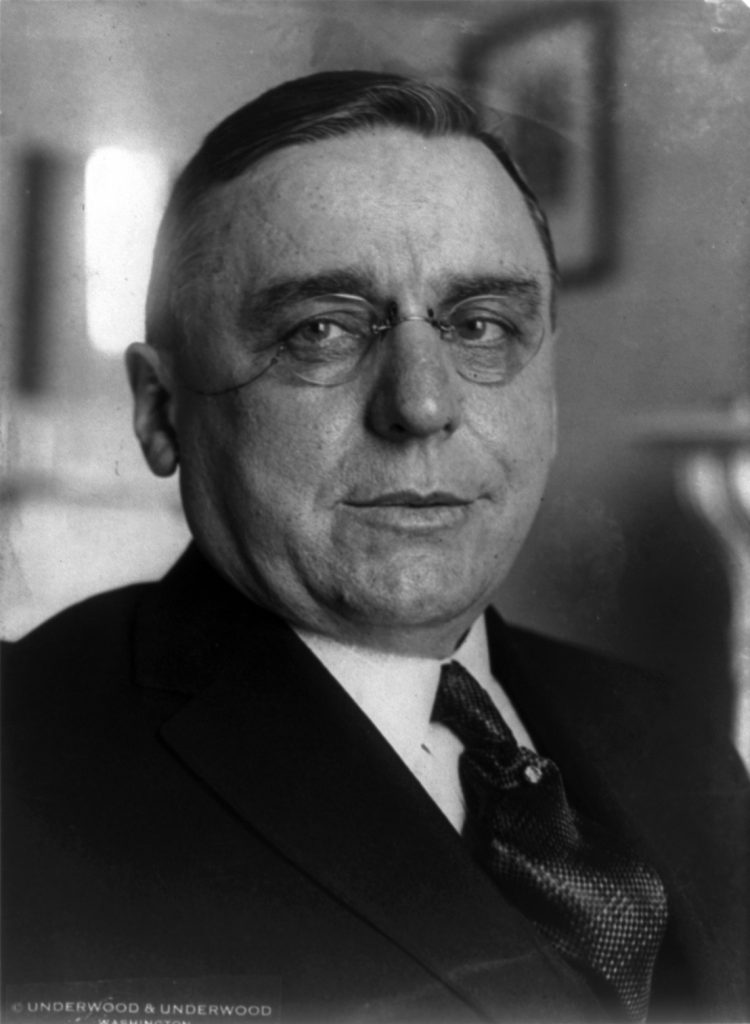
The Democratic Party has held uncontested control of Chicago politics for nearly a century. Therefore, a century of Democratic politicians owe a debt of gratitude to a Czech immigrant named Anton Cermak.
Cermak built his 1931 bid for mayor on political organizing (and the promise of patronage) among Eastern Europeans and African-Americans. He outmaneuvered the WASP bloc, who voted Republican, and the Irish bosses who controlled the Democratic Party. His new Democratic Party was a “house for all peoples.” His victory, along with that of FDR, started converting African-American voters from the Republican to the Democratic party rolls.
Realizing that they had to adapt or lose power, the Irish party bosses soon joined Cermak’s Democratic coalition. They ran the Democratic party, and therefore the town, for the entire half-century after his death. Irish Catholic politicians from Bridgeport (which we can learn more about in our custom private tours) served as mayor from the time of Cermak’s assassination in 1933 until Jane Byrne’s election in 1979. (Even then, her election heralded only a brief 12 year interregnum before Bridgeport came roaring back.) This sustained run of success is due, of course, to the power and political savvy of the Daley clan.
Da Boss of Chicago Politics
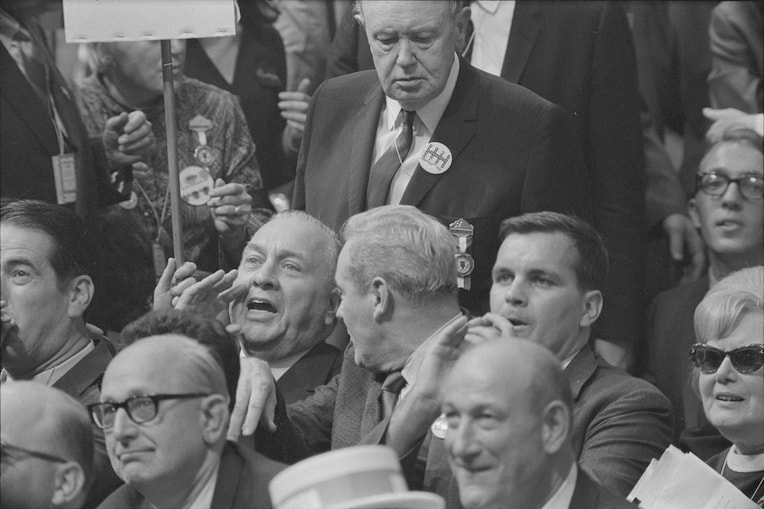
No name is so central to modern Chicago politics as Daley. Richard J. Daley, da Boss, served as the autocratic mayor from 1955 until his death in 1976. Richard M. Daley, his eldest son, served as mayor from 1989 until he retied in 2011. Bill Daley, his youngest son, is running for mayor this month. The Daleys are not charming. They’re not telegenic. They’re not even very popular half the time. Despite these shortcomings, they may be one of the most politically powerful clans this side of the Kennedys or Bushes. The authors of a biography of Daley I chose the title American Pharaoh for a reason.
The first Mayor Daley rose through the ranks of the Cook County Democratic Machine over the first half of the twentieth century. As a teen he joined The Hamburg Club, an “athletic club” which participated in the bloody 1919 race riot. Those club connections led to his eventual slating as a political candidate. Daley eventually boosted himself atop the Machine that Cermak created and rode it to the zenith of power.
Da Bosses themselves have always been scrupulously clean, with nary an accusation of corruption in over 60 years of notoriety. Anyone who has read Mike Royko’s Boss or the Politics pages of the Chicago Reader can tell you that Chicago’s Machine is rarely as conscientious as the men on top of it. The city’s endemic problems with racial segregation, disinvestment, civic corruption and police violence are the end result of the Machine and the patronage that fueled it.
The Machine in 2019
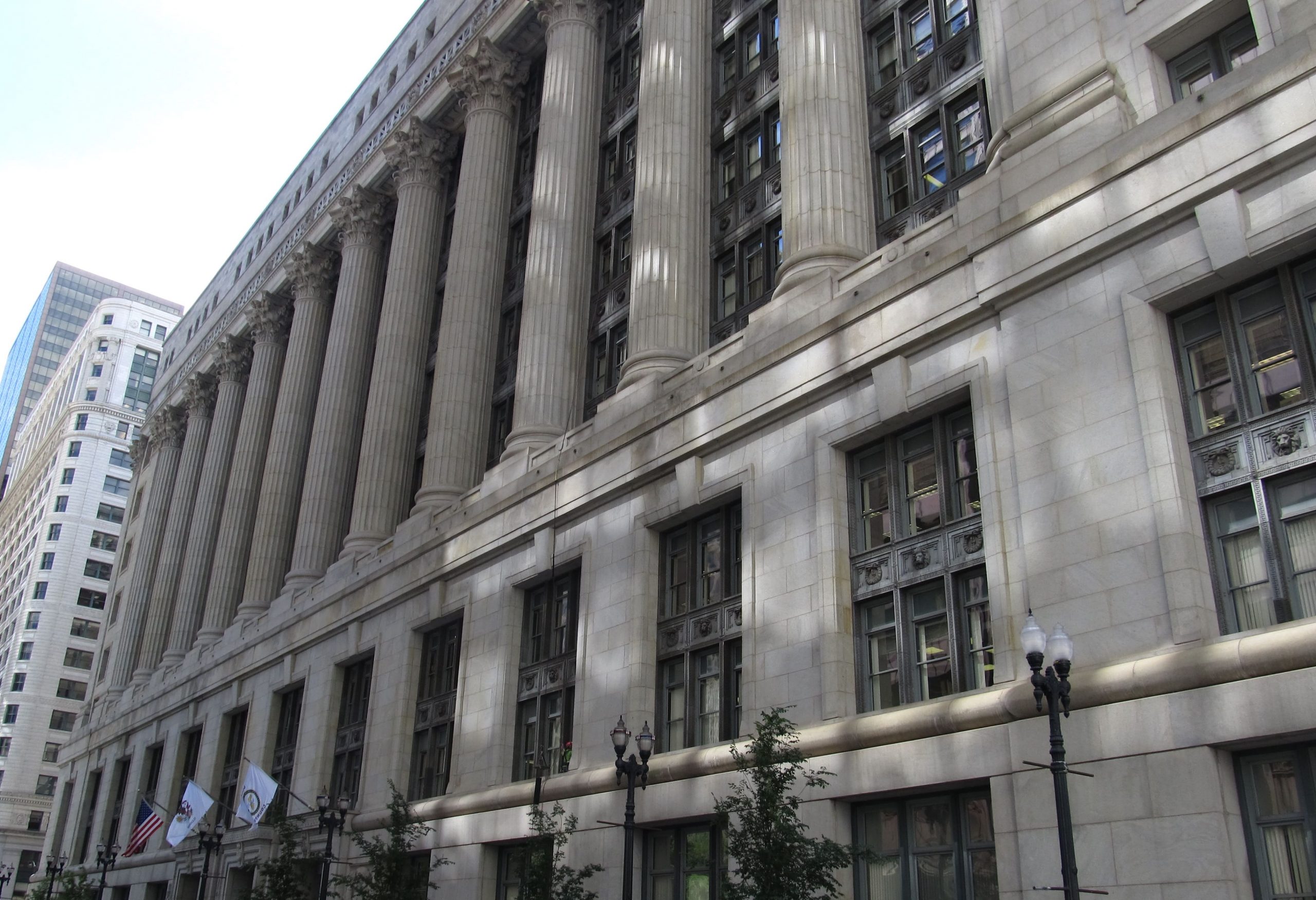
As I mentioned near the top, the Municipal Election of 2019 is our first race without an incumbent or machine favorite since “Big Bill” Thompson won in 1915. Since then, the machine has only occasionally lost its grip at City Hall. Jane Byrne, a kinda-sorta reformer, won an election over a Machine candidate in 1979, with a big assist from a blizzard. A few years later, Harold Washington beat Byrne by uniting the African-American and Latino communities with the “Lakefront Liberals” who opposed the machine. Subsequently, machine pols responded with a virulently racist campaign of political opposition, the infamous “Council Wars” period in City Hall.
Despite those outliers, Chicago has been a one-party town, and old-time bosses still hold lots of power in the Democratic Party. Most visibly, Mike Madigan has been Speaker of the Illinois House for over 35 years – the longest such leadership term in American history. His compatriot, Ed Burke, has served on the City Council since 1969 – the longest term in Chicago’s history. Both men have combated both Republican foes and progressive challengers, like Mayor Washington, and generally succeeded.
14 mayoral candidates have crowded onto the 2019 mayoral ballot. Bill Daley has machine bloodline, of course, and a few others (Mendoza, Chico, and Preckwinkle) came from the machine or have made peace with it. Yet, at least rhetorically, they’re all running against the machine’s lingering power. It remains to be seen if any will actually usher in a new era of Chicago politics.
– Alex Bean, Content Manager and Tour Guide
ABOUT CHICAGO DETOURS
In business since 2010, Chicago Detours is a passionate team of educators, historians and storytellers. We applied a decade of experience as one of Chicago’s top-rated tour companies to become a virtual event company in 2020. We bring curious people to explore, learn and interact about Chicago’s history, architecture and culture through custom tours, content production, and virtual events.
